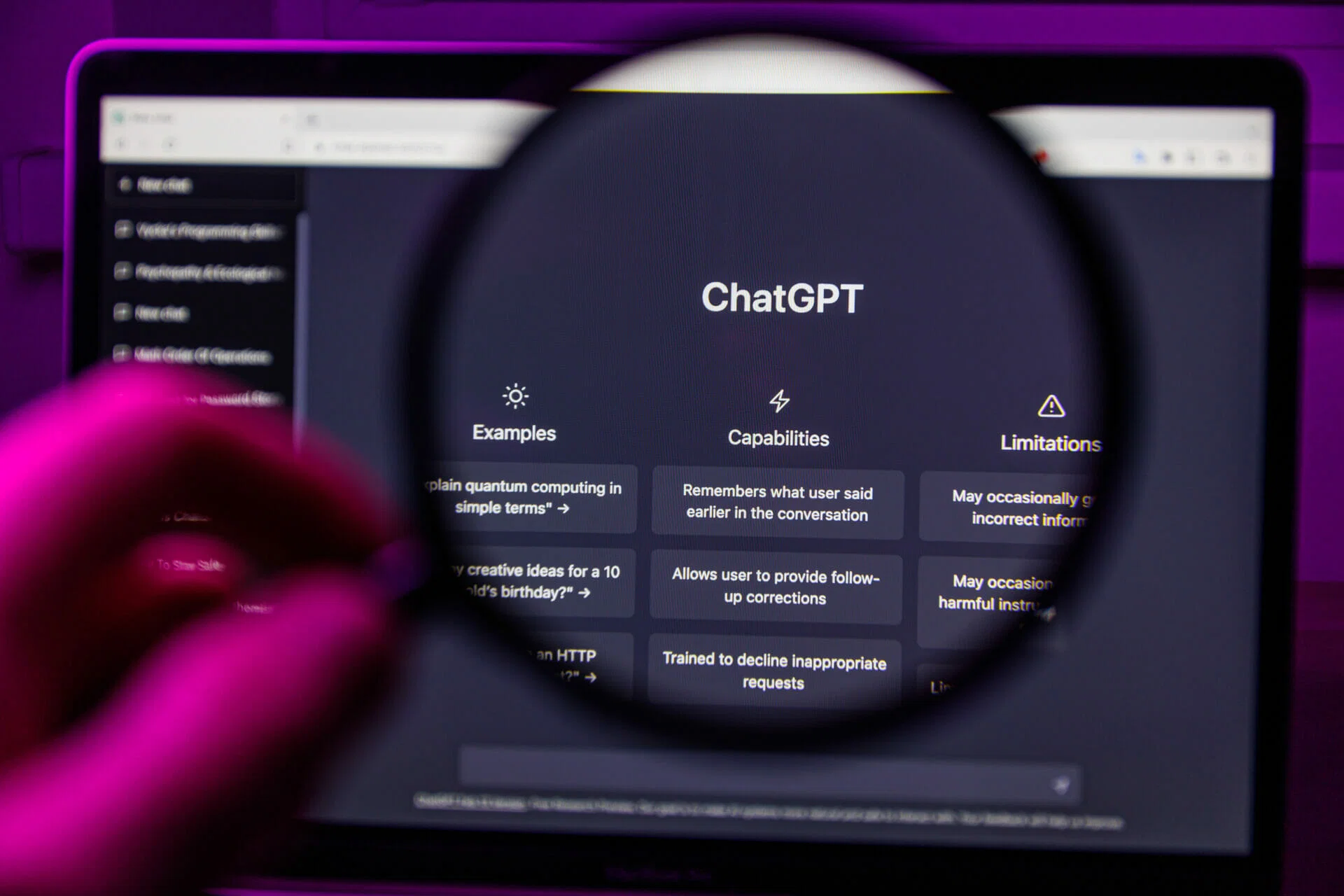In the ever-evolving landscape of artificial intelligence, OpenAI has once again made headlines with the launch of its latest product, the “ChatGPT Search” Chrome extension. Released yesterday, this new feature aims to redefine how users interact with their browsers, turning the traditional search experience on its head by integrating conversational AI directly into Chrome’s address bar.

Transforming Chrome’s Search Functionality
Traditionally, searching on Chrome meant typing queries into the address bar and letting Google do the rest. However, with the introduction of the ChatGPT Search extension, this process takes on a new dimension. OpenAI describes the extension as a tool that converts the address bar into a direct line to their AI-driven search system, “ChatGPT Search.”
“ChatGPT can now search the web in a much better way than before,” an OpenAI spokesperson announced. This feature promises “fast, timely answers with links to relevant web sources,” which could previously only be accessed by navigating through standard search engines. The idea is to merge the ease of natural language queries with the thoroughness of traditional search results, enhancing user experience with instant sports scores, news updates, and stock quotes.

Potential Concerns Over Privacy and Functionality
Despite the enthusiasm from OpenAI’s CEO, Sam Altman, who took to X (formerly Twitter) to promote the extension, not everyone shares his optimism. Cybersecurity expert Tal Be’ery has expressed skepticism regarding the utility of this new tool. According to Be’ery, the extension simply reroutes searches through the ChatGPT interface, a function that closely mimics the behavior of “search hijackers” commonly found in the Chrome Web Store. These hijackers typically alter browser settings without providing significant enhancements to the user experience, raising questions about the true value of OpenAI’s new offering.
While the extension is presented as benign, with no immediate risks to privacy, the potential for future updates to introduce less desirable features remains a concern. For those wary of unnecessary software modifications, OpenAI provides an alternative: creating a direct search shortcut within Chrome’s settings. This method allows users to enjoy the benefits of ChatGPT Search without the need to install an extension, thus minimizing the impact on browser performance and maintaining control over their digital environment.

A Step Forward or a Step Back?
The ChatGPT Search extension represents a bold step towards integrating AI more deeply into everyday tasks. However, it also poses significant questions about user autonomy, privacy, and the overall necessity of such modifications. As AI continues to advance, it becomes crucial to balance innovation with user-centric considerations, ensuring that technology serves to enhance, rather than complicate, the digital experience.
As this tool is currently available only to ChatGPT Plus and Team users, with a broader rollout expected in the coming weeks, the true impact of ChatGPT Search remains to be seen. Whether this extension will become a staple for Chrome users or simply another forgotten add-on could depend on how OpenAI addresses these concerns and whether the extension can truly deliver a superior search experience without compromising on privacy and simplicity.
In conclusion, while the ChatGPT Search extension offers an intriguing glimpse into the future of search, it also serves as a reminder of the careful consideration required when integrating AI into the core functions of our digital tools. As we continue to explore the boundaries of artificial intelligence, the dialogue between innovation and user privacy becomes ever more critical.










